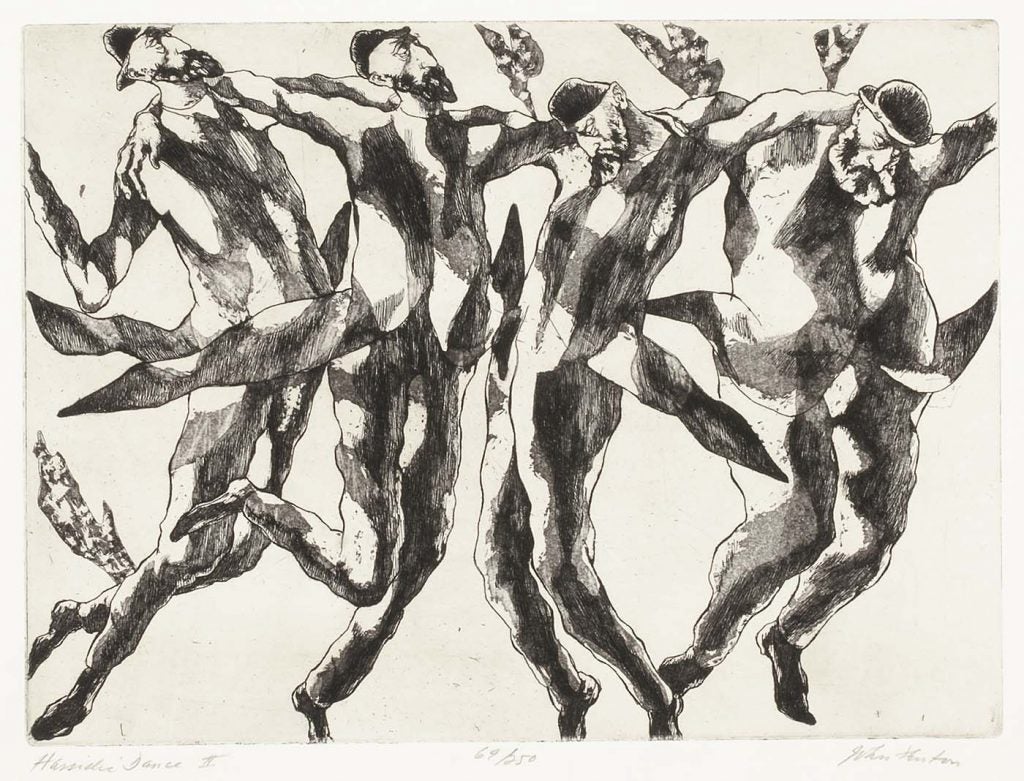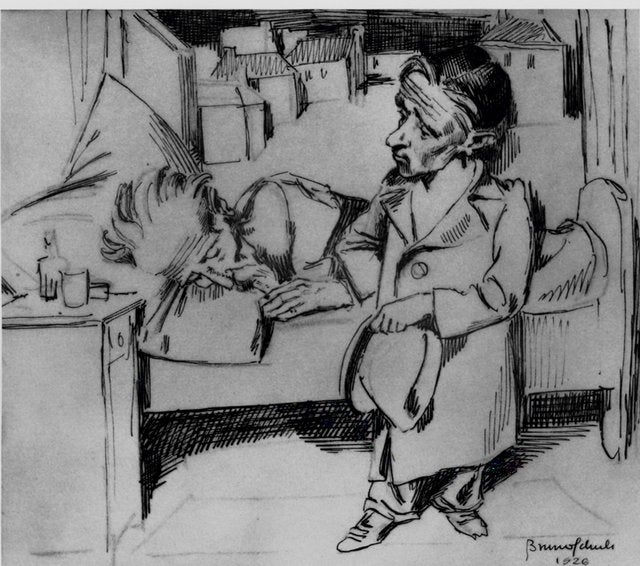Writing My Way into Jewishness
The thing about identity is, people are always trying to define who you are for you, to tell you what you mean. And we should be interrogating our positions in society, our privilege relative to our oppression, but we should also be skeptical of those who insist we are definitively one thing or another.
Writing My Way into Jewishness Read More »
The thing about identity is, people are always trying to define who you are for you, to tell you what you mean. And we should be interrogating our positions in society, our privilege relative to our oppression, but we should also be skeptical of those who insist we are definitively one thing or another.








